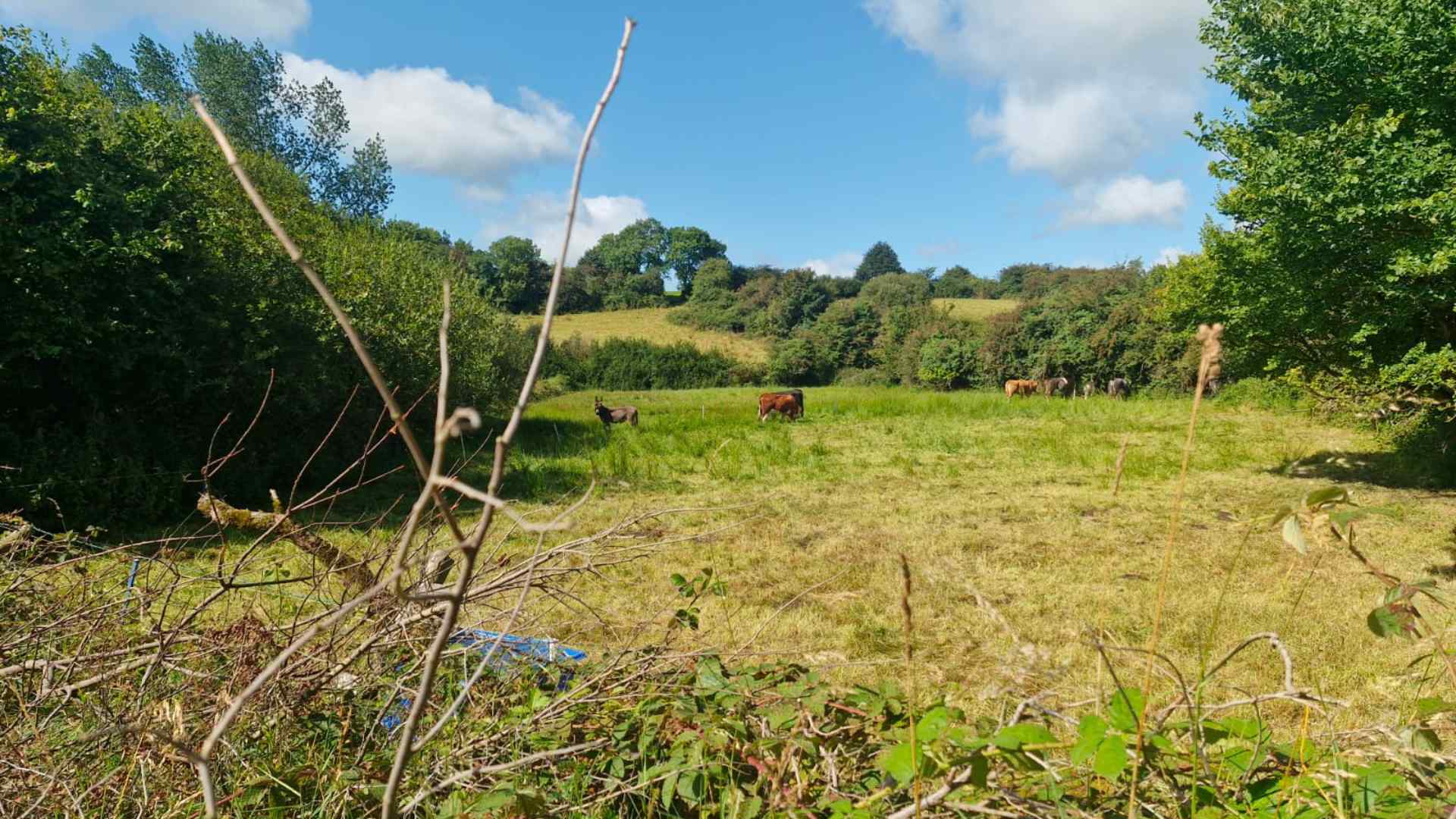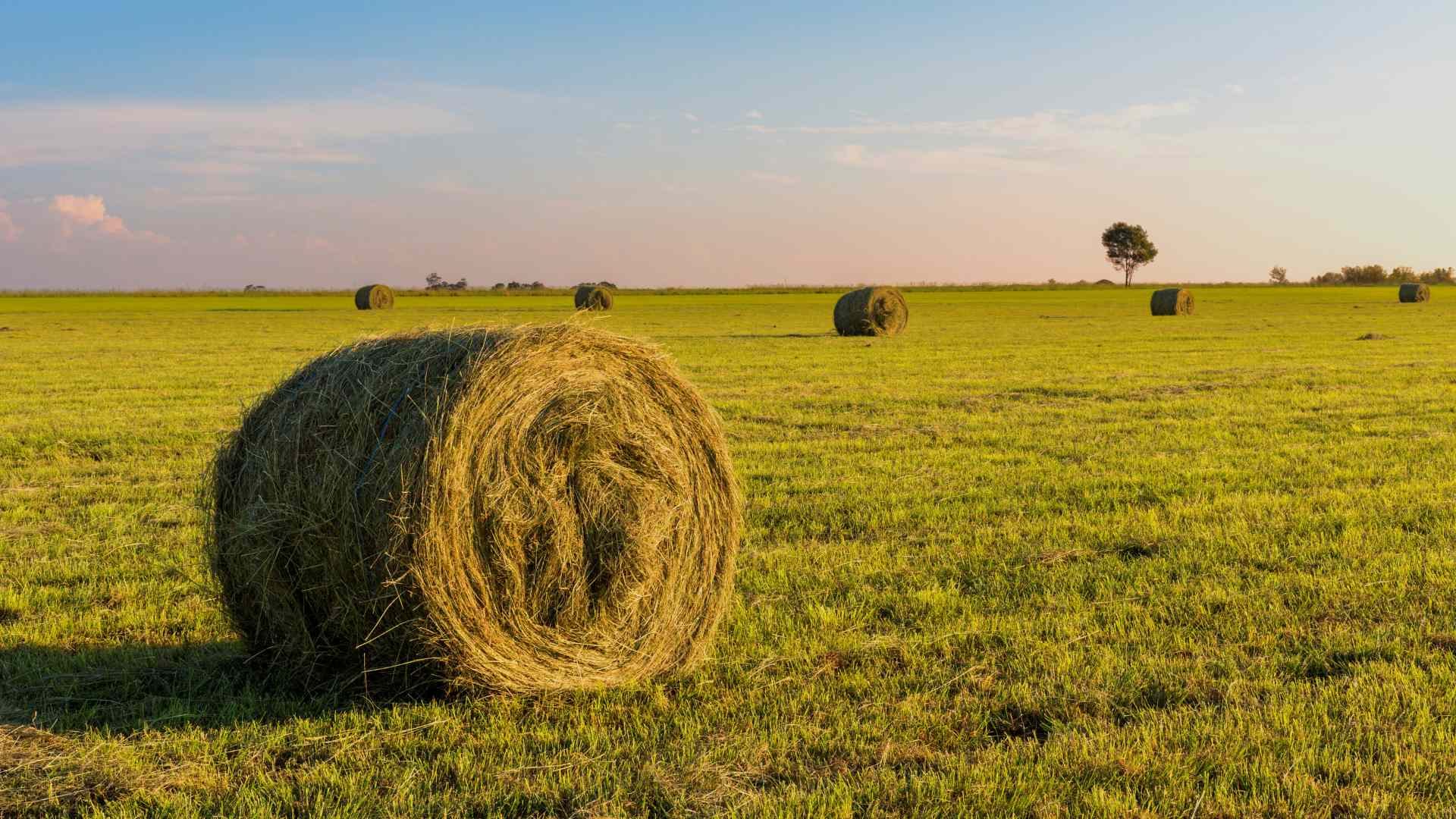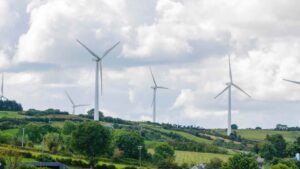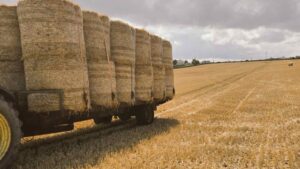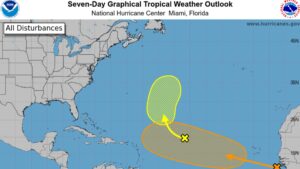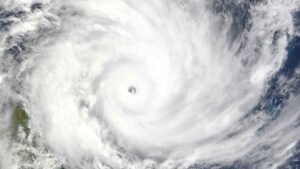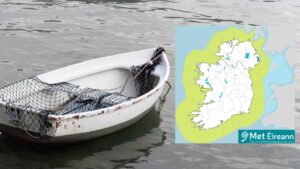
Fertiliser Price Surge Under New EU Carbon Tariff Plan
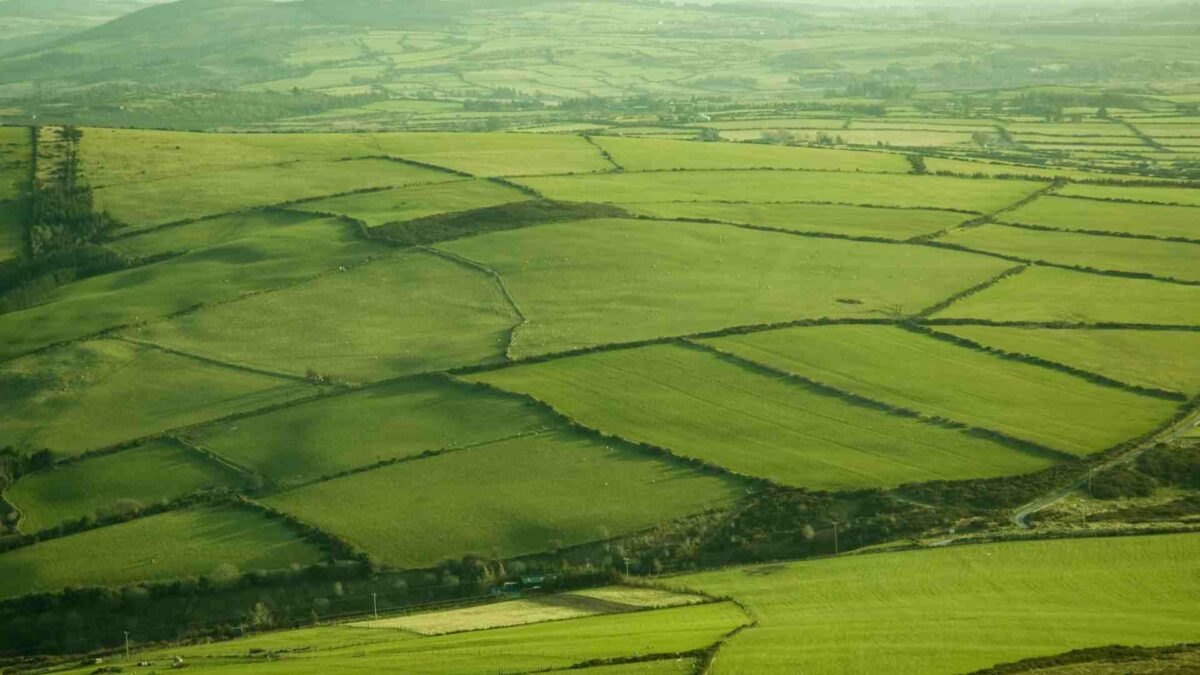
The President of the Irish Farmers’ Association (IFA), Francie Gorman, has strongly criticised EU plans to introduce a new carbon-related tariff on fertiliser imports from January 1st, 2026 — a move he says would hit Irish farmers hard and undermine climate progress.
The tariff would be introduced under the proposed Carbon Border Adjustment Mechanism (CBAM), which aims to place a carbon price on certain imported goods, including fertiliser, in a bid to prevent ‘carbon leakage’ from non-EU countries with lower environmental standards.
Francie Gorman says the timing and scope of the measure are deeply flawed: “The EU is right to look at phasing out fertiliser imports from Russia and Belarus due to the war in Ukraine — that’s understandable. But to follow that with yet another blanket tariff on all non-EU fertiliser imports in January is simply beyond belief.”
Ireland imports a significant amount of fertiliser from outside the EU, particularly Urea, which is vital for grass and cereal production. The IFA warns that the proposed tariff would have a disproportionately negative impact on Irish farmers, given their high dependency on these imports.
The IFA also fears that the move could reverse climate gains.

“Farmers are already doing their part by switching to Protected Urea, as encouraged in Ireland’s Climate Action Plan. But this new tariff would make it more expensive and could push farmers back toward CAN (Calcium Ammonium Nitrate),” Gorman warned.
Such a shift would undermine efforts to reduce greenhouse gas emissions from agriculture — a key goal of national climate policy, he said.
Gorman is calling on Minister of State Martin Heydon to intervene at EU level to ensure that fertiliser is removed from the CBAM framework.
“The Commission is due to publish a simplification package later this year. It is absolutely critical that fertiliser is excluded. If not, farmers will face even higher costs, and our climate ambitions could be seriously set back,” he said.
The IFA says the proposed CBAM levy, while rooted in environmental policy, must take into account the unique position of Irish agriculture and avoid unintended consequences for farmers already under pressure.
Share this WeathÉire story:





